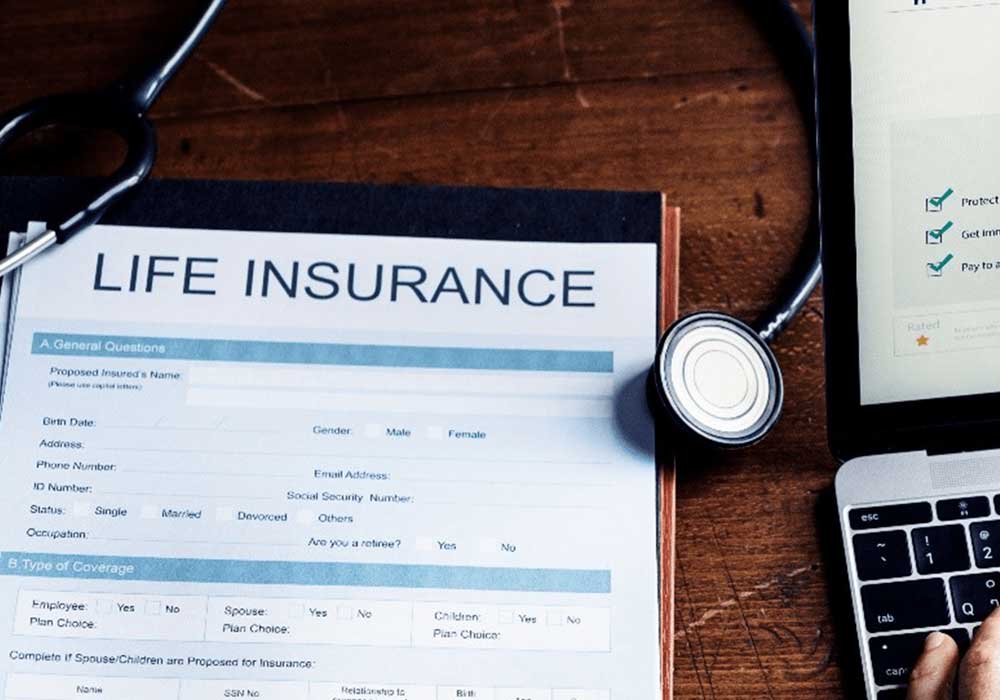In this blog, we shall discuss No Claim Bonus, also abbreviated as NCB! One of the most satisfying features of car insurance is the No Claim Bonus offered to safe drivers. It helps such drivers save on renewal premiums.
What is No Claim Bonus (NCB)?
No Claim Bonus is a discount offered by the insurance companies to its policyholders incase they have made no claims during the period covered in the respective policies. It is a boon to all good drivers. The more the years go without raising a claim, the bigger the discount at renewal.
It can go up to 50% if you keep renewing your insurance without making even a single claim. Kind of a pay for traveling safely. It’s similar to a loyalty program when it is like, the safer you drive, the more you save .
NCB applies just to ‘Own Damage’ component of the insurance premium and does not have any effect on third-party liability part of the premium, which is of a statutory nature.
How Does NCB Work?
NCB is a pretty simple concept, though it can still yield big premium savings. This is how it works:
- If you do not raise any claims during the policy term – you get a rebate at the time of renewal.
- The % rebate starts at 20% after the first claim-free year and can go all the way up to 50% after five consecutive years of being claim-free.
This would mean that if you can drive safely and avoid making claims on the insurance, the premiums paid for car insurance may become significantly cheaper in the long term.
Example:
You have brought car insurance for ₹ 22,000, and haven’t raised any claims in the first year.
So on renewal, you get a discount of 20% on your premium, which brings it down to ₹17,600. And if you keep driving safely for five years without raising a claim, then renewal premium might have a discount of up to 50%, bringing it down to just ₹ 11,000!
NCB Year-wise Discount Breakdown
Here is a straightforward progression of how No Claim Bonus accumulates with each year of having no claim at all:
- First year: 20% discount on the premium
- Second year: 25% discount on the renewal premium
- Third year: 35% discount on the renewal premium
- Fourth year: 45% discount on the renewal premium
- Fifth year: 50% discount on the renewal premium.
Why Care About NCB?
Simply put, NCB is an incentive for the policyholders to drive safely and not to make claims for low-grade damage. For obvious savings, it also encourages a roadworthy driving habit that reduces the probability of accidents and serious damage to your vehicle.
What’s more, NCB is the best way through which you can decrease the premium of your car insurance gradually without compromising on any kind of coverage received. Here are some key reasons through which one should make an effort to maximize his/her NCB:
- . Savings Over Time: And we have reminded you of the fact that such discount can reach up to 50%. Think about what difference it will make when it comes to saving insurance for five years through simple safety in driving!
- Transferable Benefit: You change your car or change your insurance provider? No problem! The NCB is transferred into the new car or for your new insurer, and it continues to generate your safe-driving effort.
- NCB Protection: Many of the insurers offer NCB Protection Add-on, which ensures that the discount you have developed doesn’t get eaten away even if you want to make a claim. Therefore, you can make any number of claims during a policy period and retain all of your hard-earned discount.
Protecting Your NCB with Add-ons
While the greatest concern on behalf of a policyholder is losing his/her NCB at the time of raising a claim, the general good news provided through the new add-on cover called NCB Protection is that you will receive protection on discount after a claim.
Here’s how it works: If you choose to go for the NCB Protection Add-on, you can make one or two claims in a policy period and still retain your NCB. It is just excellent for those who want peace of mind knowing that a single claim won’t wipe out their accumulated discount.
For instance, if you are a four-year safe driver with a 45% NCB, a minor claim in the fifth year can reset your discount to zero. The NCB Protection Add-on, however, allows you to file that claim without losing your discount the following year.
All the best to happy and safe driving !







